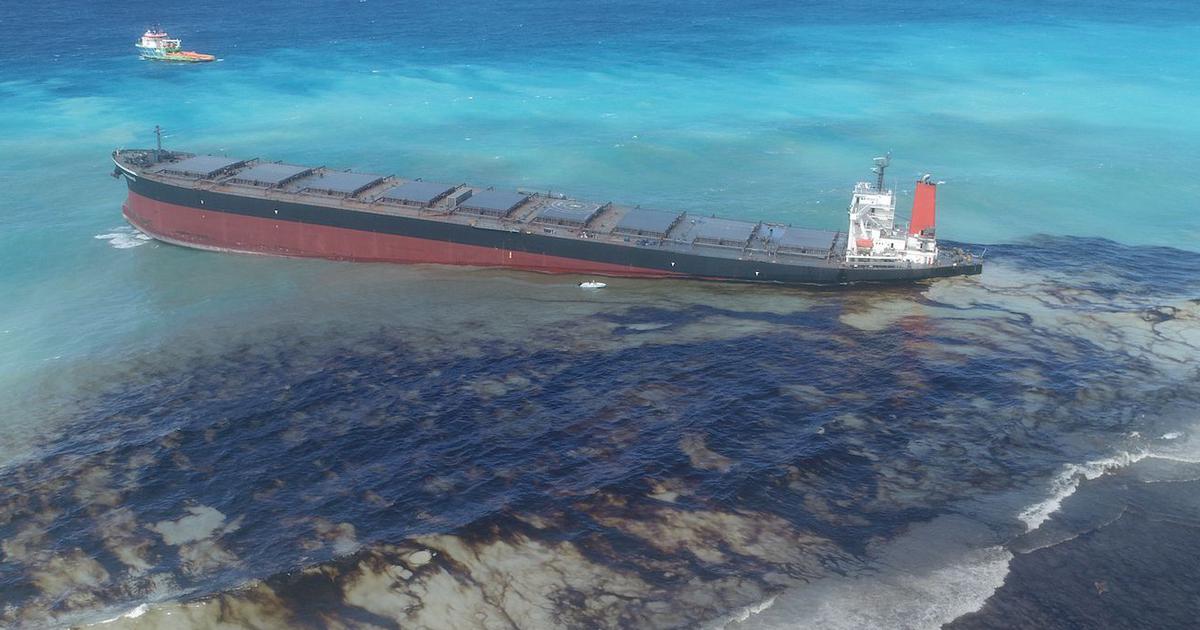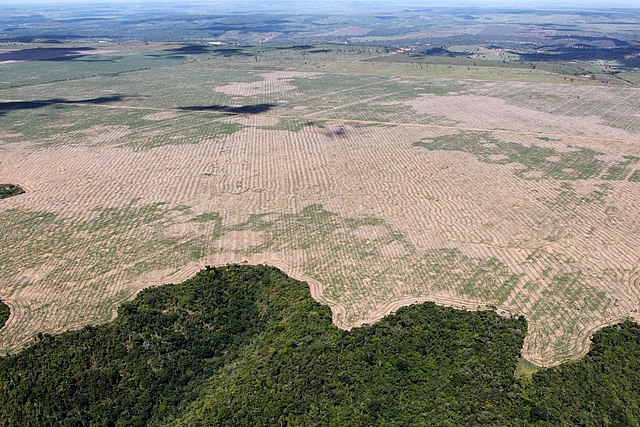 Vanuatu, Fiji, and Samoa, three developing island nations, recently called for the International Crime Court to acknowledge a new kind of crime: Ecocide.
Vanuatu, Fiji, and Samoa, three developing island nations, recently called for the International Crime Court to acknowledge a new kind of crime: Ecocide.
Belgium, France, Netherlands, Spain, Chile, and the European Union already recognize and prosecute environmental crimes, but this proposal could affect up to 124 more countries.
What is ecocide and what impact will this proposal have? Let’s find out!
What is Ecocide?
In the proposal, ecocide is defined as deliberate or unlawful acts that cause significant environmental damage. This would allow for the prosecution of companies or even nations that promote deforestation, oil spills, or extreme fossil fuel emissions.
 The term was initially coined by biologist and professor, Arthur Galton, in reference to the use of Agent Orange, a harmful herbicide, in Vietnam.
The term was initially coined by biologist and professor, Arthur Galton, in reference to the use of Agent Orange, a harmful herbicide, in Vietnam.
Currently, the ICC recognizes environmental damage in the context of war as a crime, but this proposal would expand its reach. The Stop Ecocide International campaign has worked on spreading awareness for several years now.
The movement to recognize environmental harm as a crime has also been endorsed by prominent figures, such as Pope Francis and Greta Thunberg.
Moving Forward
While this proposal seems like a step in the right direction, a long approval process awaits.
It could take up to a decade for the crime to take effect as the proposal will likely face significant opposition and discussion. Even after the proposal is approved, the states can still refuse to ratify it, weakening its impact.
Furthermore, the ICC can’t enforce the legislation for nations that aren’t ICC members. This includes Russia, China, India, and the U.S., all of which contribute heavily to greenhouse gas emissions.
Even though it may take several years before the ICC can begin prosecuting ecocide, simply the act of creating the proposal generated support for the idea. With the help of media coverage and public support, this proposal could pave the way for future environmental legislation!
Sources: Guardian, Washington Post








